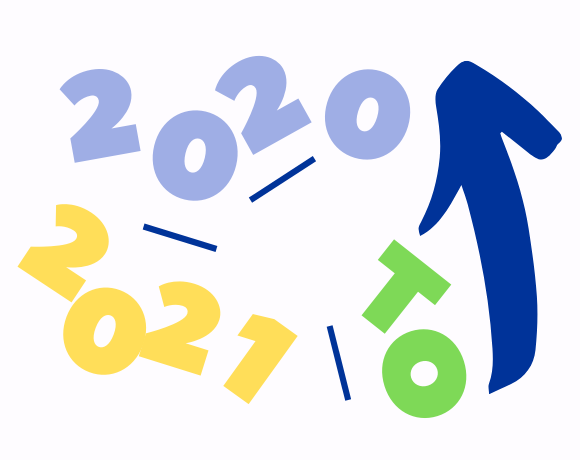As we move into January 2021 it is worth looking back at the tumultuous year of 2020 and the progress that was made. The project managed to secure some significant successes during 2020 with many farmers being signed up to the PES schemes in Normandy, Lac au Duc and the UK case studies. Significant numbers of farmers have had the opportunity to evaluate the benefits of running a PES scheme on, not only the water courses, but their soil health and resultant harvests. In 2020 the French Partners managed to secure an agreement for the local authorities to be able to contribute funds to individual farmers towards PES schemes. This had been a significant block to the take up of PES and therefore a big win for the project. In the UK many smaller businesses were beginning to take an interest in PES as they started to see the benefits that cleaner water and carbon capture would have on the local area. 2020 also saw many of the crop trials continuing and additional sites being earmarked for expansion into the whole catchment. Trialling new sites, new PES methods and bringing in new stakeholders was the main aim for the final project year.

2020 also had its ‘issues’ and like everyone else, everywhere the world over, the main issue for the project was COVID and the implications this brought for developing the projects outputs and deliverables.
The original aim of the CPES Project was to ensure water quality through Payment for Ecosystem Services. The main output was to be a replicable, viable PES scheme at each case study site. These should be self-sustaining, i.e. self-funding, supported by commercial agreements and accurate financial tools and implemented interventions. The project had been on target to achieve this output by the end of the current planned timeframe. However, due to the outbreak of COVID there have been significant delays to data gathering and result promotion.
Due to the seasonal nature of the project the impact of these delays is far-reaching
This is particularly important for case studies where private buyers are sought in non-drinking water production areas. For many companies working in areas like agro-food, construction or transport, the onset of the Coronavirus crisis has created a situation of extreme difficulty where companies are less focused on financing PES. Many of the activities related to the development of a sustainable PES scheme have been delayed and the project is currently seeking to extend the time available to ensure the work is carried out to its fullest extent.
Moving into 2021 brings some uncertainty as we await the confirmation of an extended project period.
Although we are all working towards an April finish the hope is we get a last-minute reprieve. If the project is allowed an extension there will be a great deal of work to further the project activities into the catchments. We will be in a position to collate additional PES data and to strengthen the evidence base for developing policy recommendations. As policy makers and influencers return their focus to things other than COVID the project will be in a prime position to meet with public officials and promote the findings of the project. It is hoped a number of events in both the UK and France will be supplemented with meetings in Brussels. If the extension is not successful then we will still be delivering a legacy for PES schemes by way of the improvement to soil and water health that has been found. Although the situation is still uncertain the project looks towards the coming year enthusiastically with positive actions allowing for a successful project closure.


